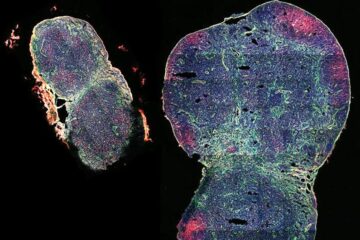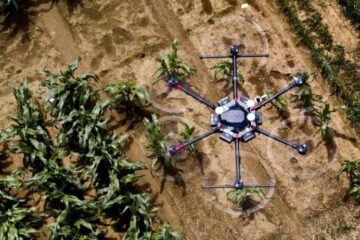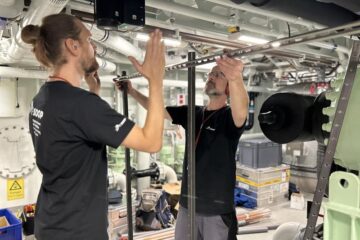New course to provide US-style Physician Assistants to reduce GPs’ workload

Recruitment has started on the first UK course to train medical care practitioners to manage some of the caseload of GPs, thus improving patient access to treatment.
The Postgraduate Diploma in Medical Care Practice, the first of its kind to be offered by a British university, is to be run by the University of Hertfordshire in collaboration with East and North Hertfordshire NHS Trust. It has been designed to fit the curriculum framework developed under the leadership of the Royal College of Physicians and the Royal College of General Practitioners as part of the NHS national workforce modernisation programme.
Modelled on the US Physician Assistant (PA) programme, which, over the last 40 years, has demonstrated the value of having practitioners who undertake a close support role in the delivery of medical care, the Hertfordshire course will provide opportunities for life science graduates to develop a rewarding career within the NHS.
The aim of the course, which will begin in September and run for two years, is to train life science graduates as Medical Care Practitioners (MCP) so that they develop the attitudes, skills and knowledge base to enable them to deliver care and treatment within the general medical and/or general practice team under defined lines of supervision.
Dr Barry Hunt, Associate Dean of the University’s Faculty of Health & Human Sciences, commented: “A Medical Care Practitioner is not a doctor, but a new healthcare professional working to the medical model. This role will bring a new team of people into the NHS and take the pressure off GPs, thus improving patient access to treatment.”
An MCP will be trained to take a patient’s history, undertake a physical examination and having identified a diagnosis, develop a comprehensive patient management plan. They will also be able to perform many diagnostic and therapeutic procedures, prescribe medications, request and interpret diagnostic studies and undertake patient education, counselling and health promotion. All of these tasks will be undertaken under the overall supervision of a general practitioner or medical consultant, who will be professionally accountable for the work of the MCP.
Course Co-ordinator, Guy Dean commented: “This new breed of health professionals could help alleviate the current national GP shortage crisis. The MCP will also be able to work in secondary care taking pressure off hospital doctors and helping trusts meet the European working time directives for junior doctors.”
Media Contact
More Information:
http://www.herts.ac.ukAll latest news from the category: Science Education
Newest articles

Expanding a lymph node, boosting a vaccine
A biomaterial vaccine enhances and sustains lymph node expansion following vaccination, boosting anti-tumor immunity in an animal model. Each one of us has around 600 lymph nodes (LNs) – small,…

AI to Make Crop Production More Sustainable
Drones monitoring fields for weeds and robots targeting and treating crop diseases may sound like science fiction but is actually happening already, at least on some experimental farms. Researchers from…

Cruise Ship as Data Collector
New Approaches in Ocean Observation… Scientific research – not only confined to dedicated research vessels but also from non-scientific vessels and marine infrastructures. This is one of the ideas promoted…





















